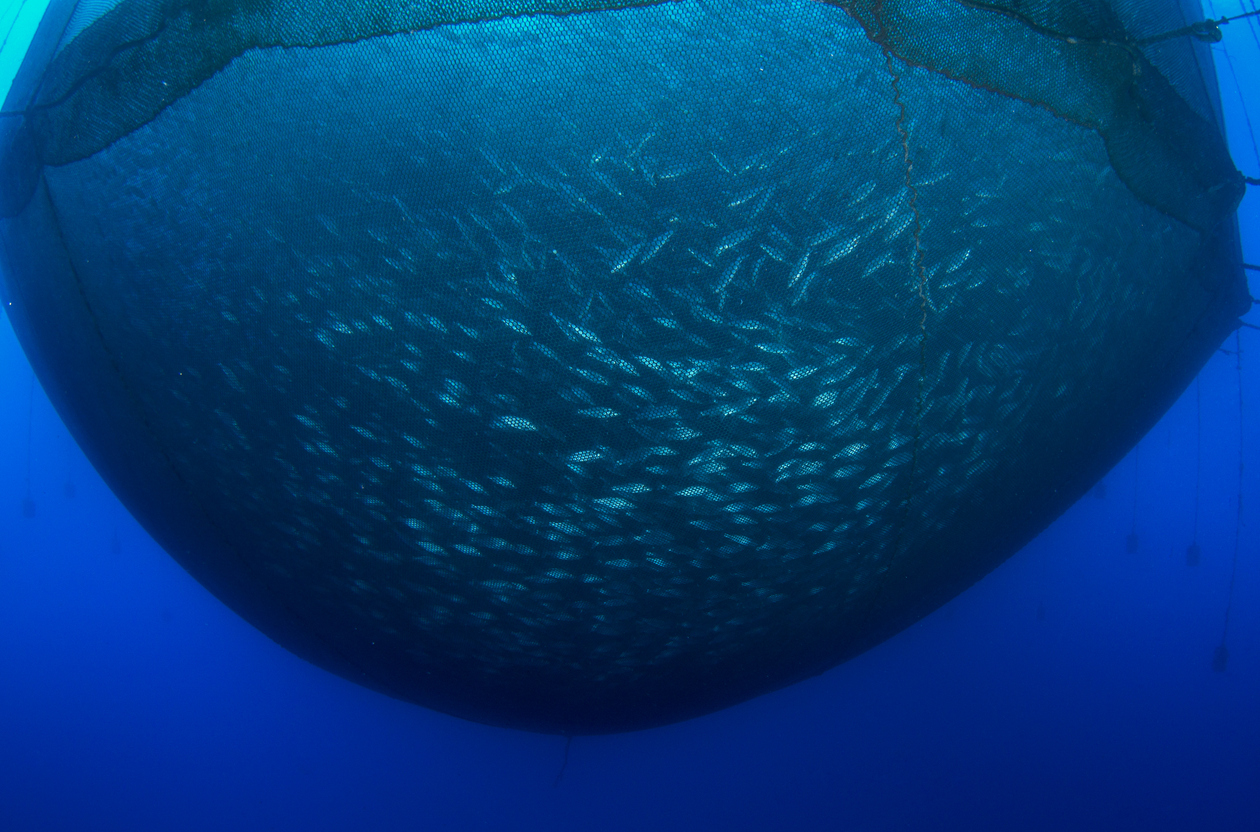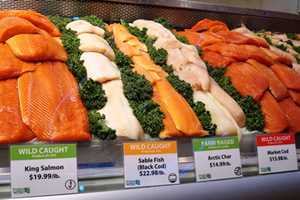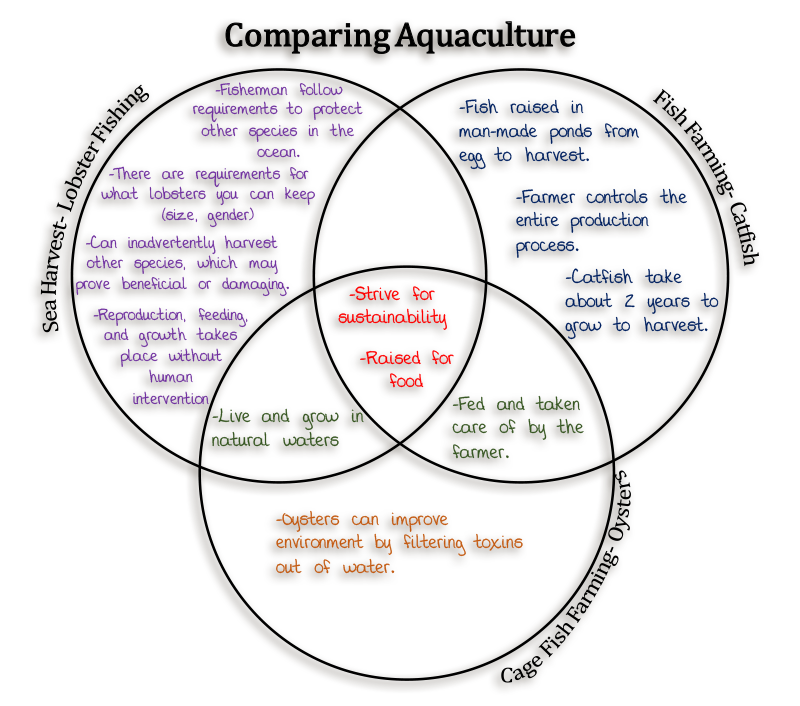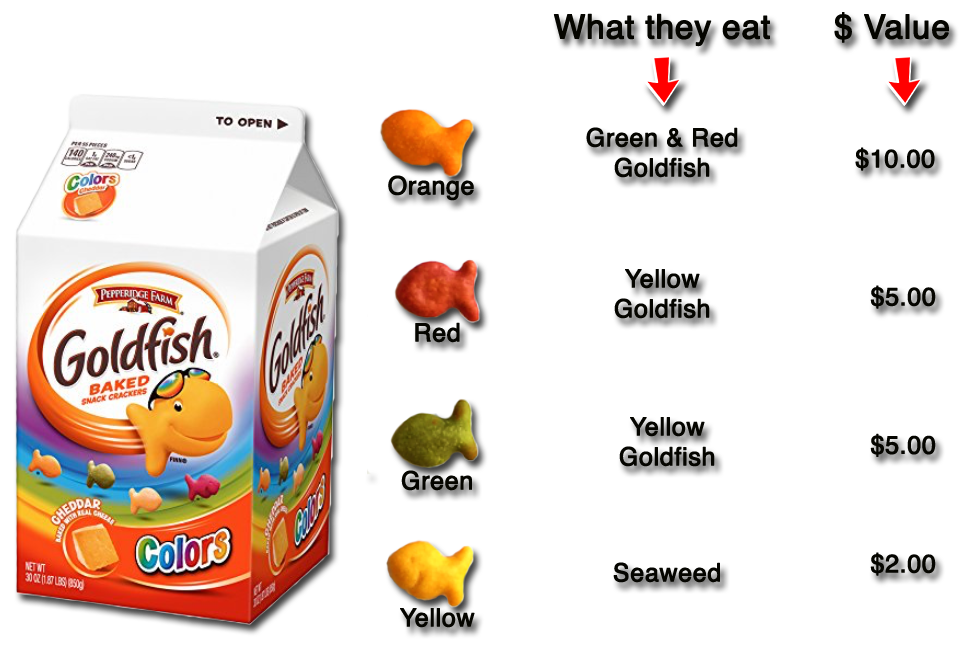Overfishing and Aquaculture (Grades 6-8)
Students discover the sources of various fish and seafood, compare wild-caught and farm-raised aquaculture systems, and use a simulation to learn how overfishing can damage the ocean ecosystem.

Background
Lesson Activities
Recommended Companion Resources
Credits
Author
Stephanie Titzel | North Carolina Farm Bureau Ag in the Classroom
Acknowledgements
- Activity 1 was added by the National Center for Agricultural Literacy.
- Activity 2 was adapted with permission from Blue World TVs lesson, The Lifespan of Overfishing.
Sources
- http://www.huffingtonpost.com/2011/09/13/top-10-seafood_n_959961.html
- https://en.wikipedia.org/wiki/Seafood
- https://www.ers.usda.gov/amber-waves/2016/october/americans-seafood-consumption-below-recommendations/
- https://www.ars.usda.gov/plains-area/gfnd/gfhnrc/docs/news-2013/eat-fish-which-fish-that-fish-go-fish/
- http://www.ift.org/Knowledge-Center/Learn-About-Food-Science/Food-Facts/WildCaught-Fish-vs-FarmRaised-Fish.aspx
- http://thenaa.net/faqs-about-us-aquaculture
Standards
National Content Area Standards
- Career & Technical Education
- AFNR (Grades 6-8): Natural Resource Systems Career Pathway
- NRS.01.02: Classify different types of natural resources in order to enable protection, conservation, enhancement and management in a particular geographical region.
- NRS.01.04: Apply ecological concepts and principles to aquatic natural resource systems.
- NRS.02.02: Assess the impact of human activities on the availability of natural resources.
- AFNR (Grades 6-8): Natural Resource Systems Career Pathway
- Science
- MS-ESS3: Earth and Human Activity
- MS-ESS3-3: Apply scientific principles to design a method for monitoring and minimizing a human impact on the environment.
- MS-ESS3-4: Construct an argument supported by evidence for how increases in human population and per-capita consumption of natural resources impact Earth’s systems.
- MS-LS2: Ecosystems: Interactions, Energy, and Dynamics
- MS-LS2-1: Analyze and interpret data to provide evidence for the effects of resource availability on organisms and populations of organisms in an ecosystem.
- MS-ESS3: Earth and Human Activity


